Iran uses field, diplomacy 'proportionally' to protect national interests: Security chief
Iran's top security official says the Islamic Republic makes proportionate use of both "field and diplomacy" as components of its power to safeguard its security and national interests.
"Field and Diplomacy - as two components of Iran's power - are used proportionally and judiciously to protect our security & national interests," Secretary of Iran's Supreme National Security Council (SNSC) Ali Shamkhani said in a Sunday post on his Twitter account.
Field and Diplomacy - as two components of Iran's power - are used proportionally and judiciously to protect our security & national interests. 40 yrs of experience has taught our people that relying on Western or Eastern powers will neither guarantee our rights nor our security.
— علی شمخانی (@alishamkhani_ir) March 13, 2022
He added that 40 years of experience has taught the Iranian nation that national rights and security would never be guaranteed by "relying on Western or Eastern powers".
Shamkhani's tweet came a few hours after Iran's Islamic Revolution Guards Corps (IRGC) said it has carried out a retaliatory missile strike on the "strategic center of Zionist conspiracy and evil" in the northern Iraqi Kurdistan city of Erbil.
"Following the recent crimes of the fake Zionist regime and the previous announcement that the crimes and evils of this infamous regime will not go unanswered, the strategic center for conspiracy and evil of the Zionists was targeted by powerful and pinpoint missiles of the Islamic Revolution Guards Corps," it said.
In a statement issued earlier on Sunday, the IRGC indicated that the operation was in response to an Israeli airstrike on the Syrian capital of Damascus last Monday, in which two IRGC officers were killed. The IRGC identified the two slain officers as colonels Ehsan Karbalaipour and Morteza Saeidnejad, warning that Israel would "pay for this crime."
On Thursday, Iran’s permanent mission to the United Nations wrote to the UN secretary general and the Security Council, saying Tehran "reserves its inherent right to self-defense, under Article 51 of the United Nations Charter, to respond to such criminal act whenever it deems appropriate.”
Shamkhani's tweet also referred to Iran's use of diplomacy in eight rounds of talks with the P4+1 group of countries on a possible revival of the landmark 2015 deal, officially known as the Joint Comprehensive Plan of Action (JCPOA), which was abandoned by the US three years after its conclusion.
The US unilaterally left the JCPOA in 2018, and restored the sanctions that had been lifted under the accord. Washington’s European allies in the deal—France, Germany, and the United Kingdom—have been toeing the sanctions line closely by ending their trade activities with Iran.
Iran and the remaining parties to the JCPOA —Britain, France, Germany, Russia and China — have been engaging in the eighth round of the talks in the Austrian capital of Vienna since last April on the assumption that the US, under the administration of Joe Biden, is willing to repeal the so-called maximum pressure policy pursued by former president, Donald Trump, against Tehran.
Iran says it won’t settle for anything less than the removal of all US sanctions in a verifiable manner. It also wants guarantees that Washington would not abandon the agreement again.
Iran and the P4+1 group of countries on Friday announced a pause in the Vienna talks, with Tehran saying that all relevant parties will concentrate on a “successful conclusion” of the diplomatic process.
In a Thursday phone call with the European Union’s foreign policy chief, Josep Borrell, Iran’s Foreign Minister Hossein Amir-Abdollahian said achievement of a “good and strong” agreement is still possible, dismissing the “excessive demands” raised by the United States in the course of the negotiations.
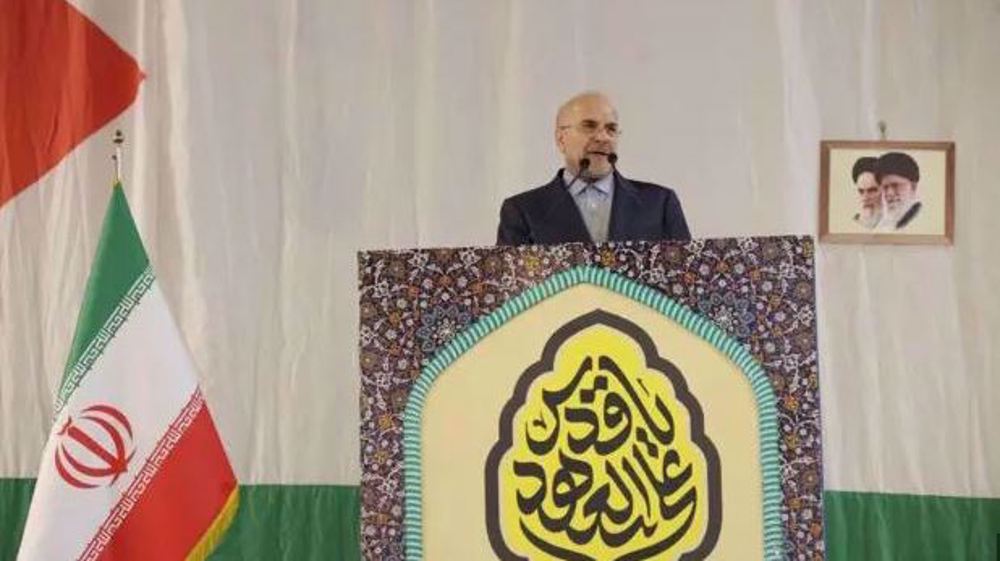
Iran Parliament speaker: Palestine awakenes world's conscience
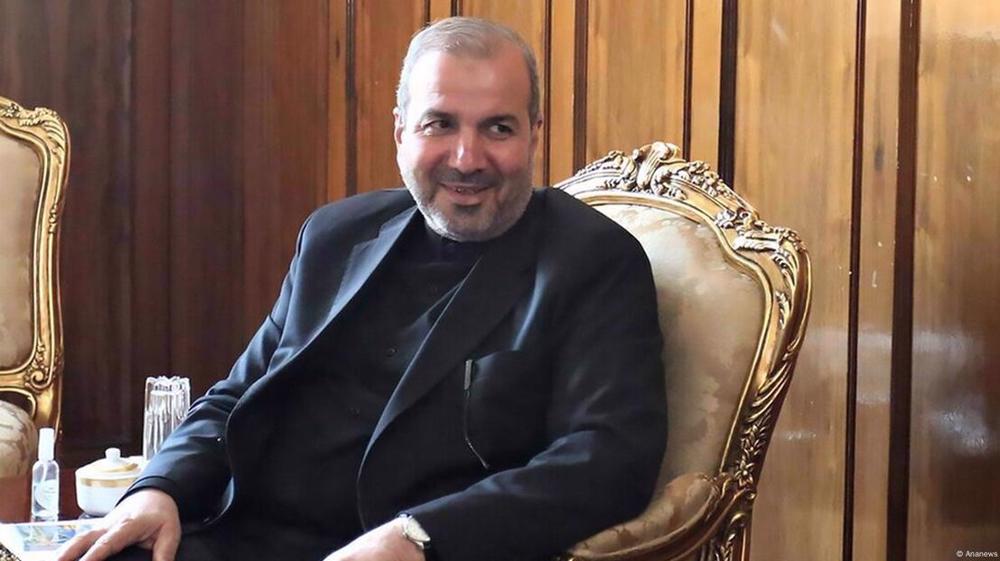
Envoy: Iran's ballistic missile capabilities not negotiable
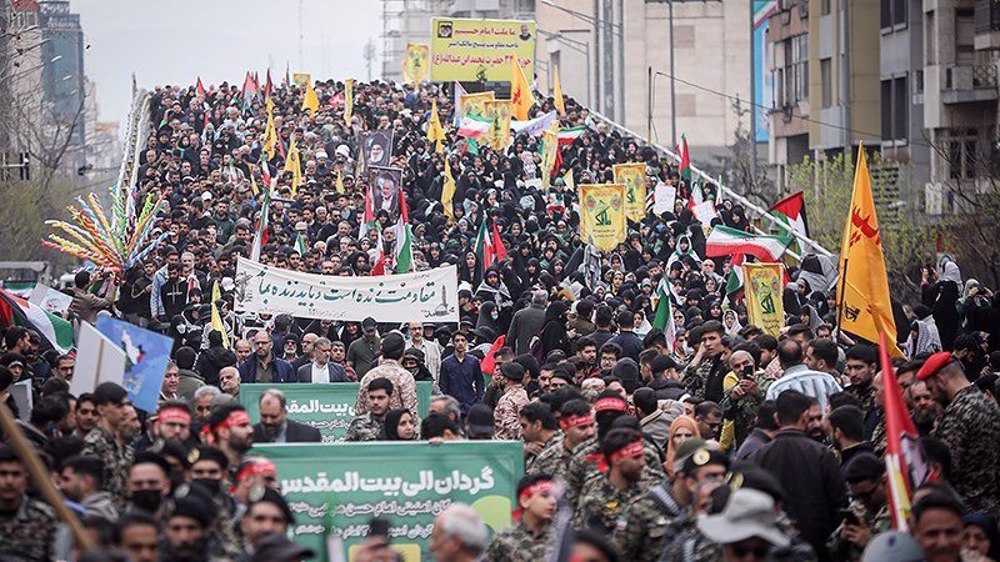
Millions march on Quds Day to support Palestinians amid Israeli genocide
Iran Parliament speaker: Palestine awakenes world's conscience
Israeli actions in Gaza bears 'hallmarks of atrocity crimes': OCHA
Report: Occupying forces pursue systematic starvation against Palestinians
VIDEO | 'Gazans stand firm in support of resistance amidst aggression'
Turkey’s political unrest to significantly weaken Erdoğan’s grip on power: Analyst
Hamas: Let the coming days be days of mobilization, rage against Israeli aggression
Israel bombs Beirut's southern suburbs despite ceasefire
VIDEO | Press TV's news headlines


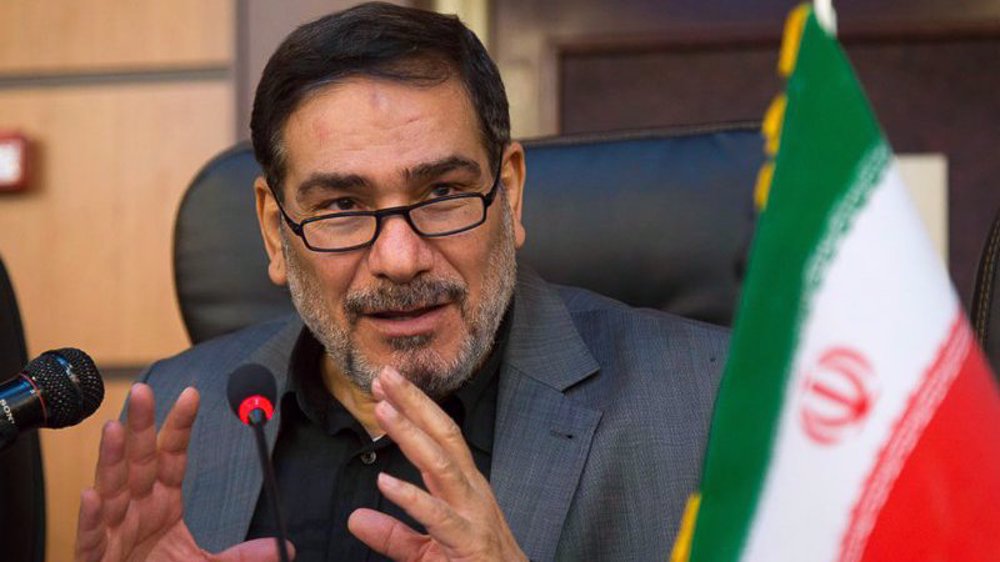
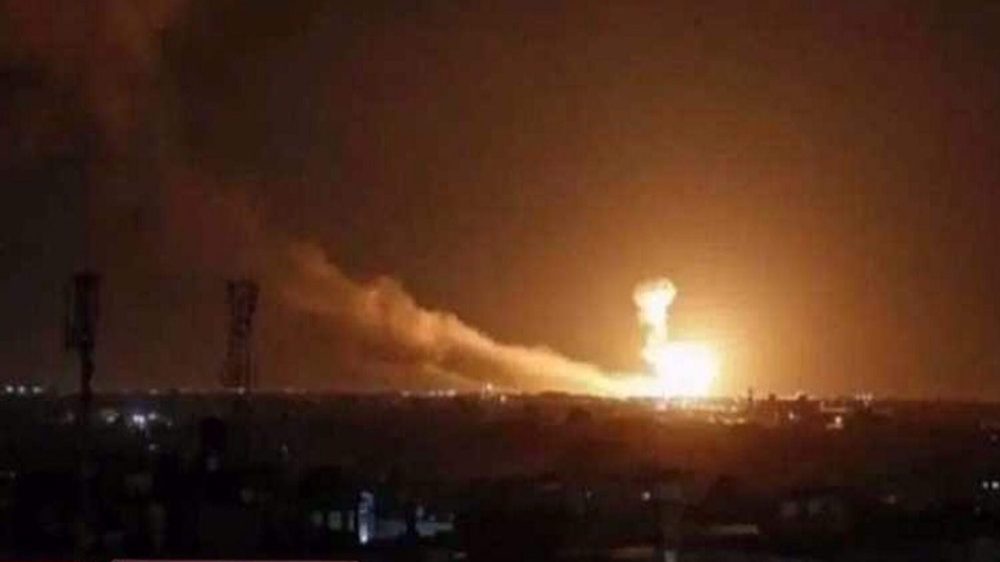
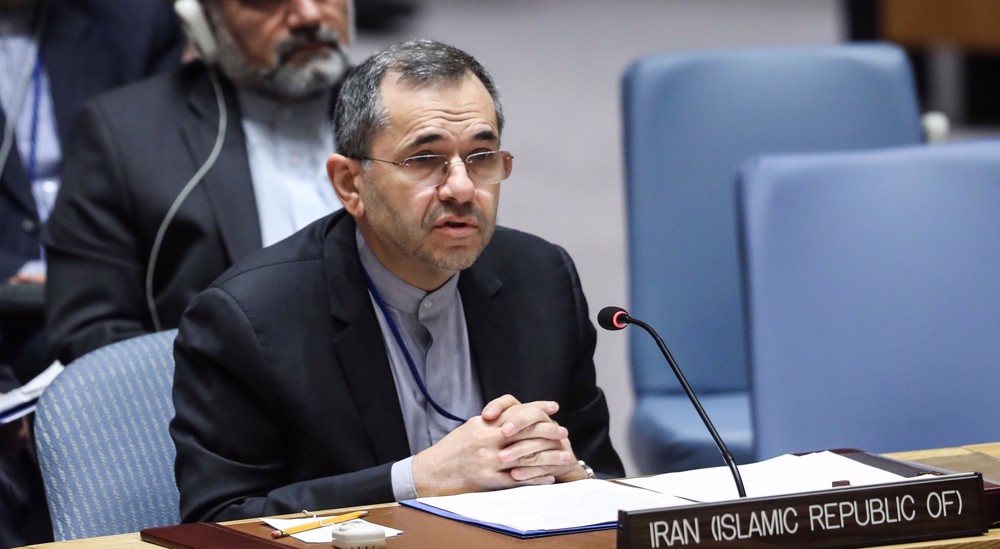
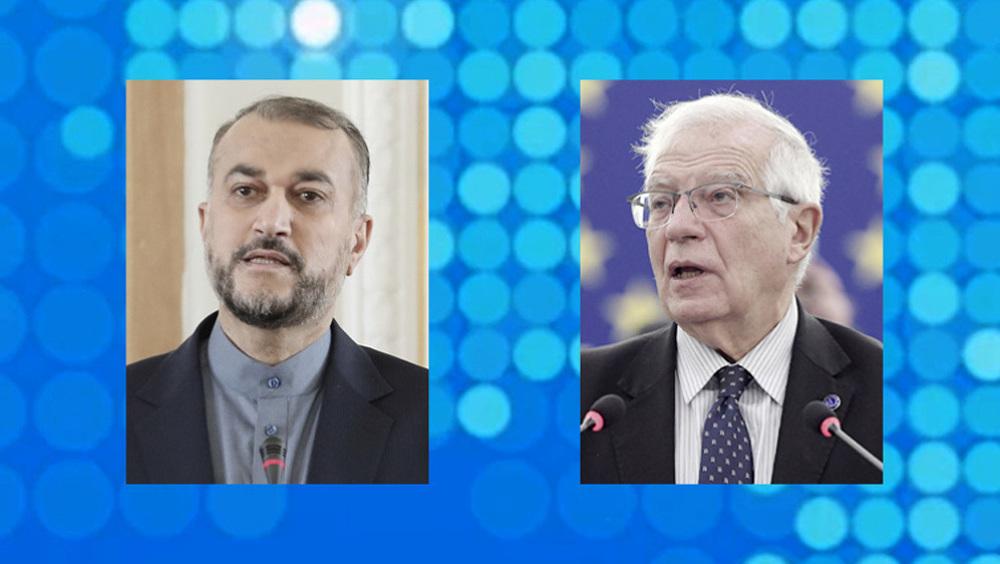




 This makes it easy to access the Press TV website
This makes it easy to access the Press TV website